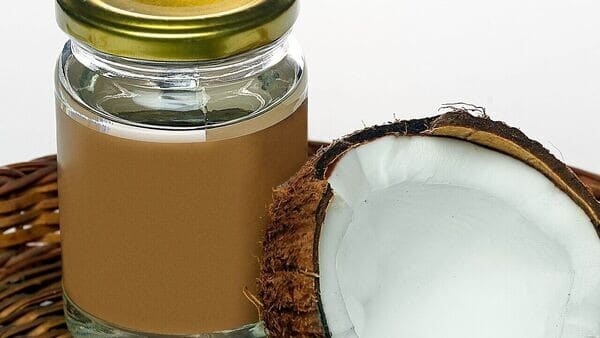
Your coconut oil for cooking should become cheaper now
What's the story
Ending a 15-year-long legal battle between the Excise Department and manufacturers, the Supreme Court has ruled that small packets of coconut oil should be considered edible oil for taxation purposes. However, the court clarified that if coconut oil comes in small bottles and labeled for use on hair, it should be considered hair oil under Central Excise Tariff Act, 1985. Under the goods and services tax (GST) regime, edible oil is taxed at 5%, while hair oil attracts 18% tax.
Tax impact
Tax implications of the ruling
The SC's ruling on small packets of coconut oil has significant implications for both manufacturers and consumers. It helps avoid potential price increases and ensures continued access to essential products like edible coconut oil.
Manufacturer relief
SC's judgment favors manufacturers
The judgment was reserved yesterday by a three-judge bench, headed by Chief Justice Sanjiv Khanna and Justices Sanjay Kumar and R. Mahadevan. The case pertained to high excise duties on manufacturers which could result in price hikes for consumers. The ruling comes as a relief to manufacturers such as Madhan Agro, which sells its edible coconut oil under the Shanthi brand, and Marico Ltd, which owns the Parachute brand.
Dispute
A decade-long debate on coconut oil classification
The SC's judgment comes after a decade-long debate. In 2009, the Customs, Excise and Service Tax Appellate Tribunal (CESTAT) ruled that small-pack coconut oil should be classified as edible oil under Heading 1513 Central Excise Tariff Act, 1985. This was against the Central Excise Commissioner's decision who had a different view. Two assessors had objected to this.
Legal challenge
Revenue Department's challenge and SC's response
The Revenue Department challenged CESTAT's decision in the SC, contending the coconut oil should be taxed as hair oil under Heading 3305, which attracts a higher rate. This resulted in a split verdict from a previous SC bench of Justice Ranjan Gogoi and Justice R. Banumati, who couldn't arrive at a consensus to settle the issue. After delivering a split verdict in 2018, the case was heard by a three-judge panel.
Market reaction
Marico's response to SC's ruling
Following the SC order, FMCG major Marico released a statement, saying that the court has dismissed the appeal filed by CEC and upheld the Tribunal's order which classified pure coconut oil as edible oil for duty levy purposes. The company is yet to receive a certified copy of this order.